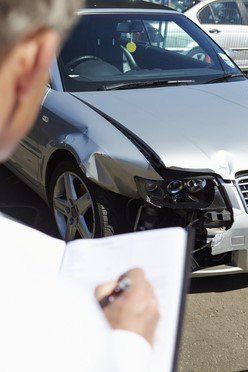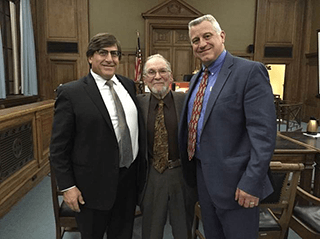Are Sports Liability Waiver Forms Enforceable?
Are Sports Liability Waiver Forms Enforceable?
With summer ending and the school year starting up once again, many parents will be confronted with a slew of liability waivers, especially for sports-related activities. Many people sign them without really reading them; parents get them so often, they barely stop to think about what they say.
Whether your child is rock climbing or participating in the marching band, it’s important to understand what you’re signing away when you sign a waiver. It’s equally important to know when a liability waiver may not be enforceable.
A Liability Waiver is Generally Binding
When it comes to liability waivers, don’t let the setting dictate your attitude. You may scribble your signature at the bottom of a liability waiver on a clipboard at your child’s soccer camp, but you are nevertheless signing a binding legal document.
However, Connecticut courts have invalidated liability waivers in some cases. For example, an entity can’t include a release provision that indemnifies it from its own negligence. In that situation, the release provision is a violation of public policy, because any company or entity could simply include a blanket provision stating it isn’t responsible for injuries that result due to its own negligent conduct. If state law permitted that scenario, it is unlikely very many people would agree to engage in sports or other types of activities that require a waiver to participate.
Waivers Signed by Children Are Unenforceable
There is a reason liability waiver forms make their way home to parents. In Connecticut, minors (anyone under 18 years old) can’t enter into contracts. Any liability waiver signed by a child without a parent or legal guardian’s signature is invalid.
Modifying a Liability Waiver
If you have questions about a liability waiver, it’s always best to review it with an experienced personal injury attorney. Unfortunately, many organizations won’t permit a child to participate without a liability waiver in place. As a compromise, you may be able to change the terms of a liability waiver so that you’re comfortable with your child participating in an activity. You would be surprised how many liability waivers are vague or poorly drafted. We can help explain what your waiver says and what it means for a potential personal injury case if an injury occurs.
James “Jim” Nugent: Your Connecticut Personal Injury Lawyer
I’ve worked hard to build a reputation as one of Connecticut’s premier lawyers advocating for injury victims’ rights, getting results for my clients for over 30 years. If you have suffered a personal injury or catastrophic injury, call me today at (203) 795-1111 for a free consultation.
Tell Us About Your Case
Contact Us
We will get back to you as soon as possible.
Please try again later.
Nugent Lawyers © 2009 - 2024. All Rights Reserved - Disclaimer


